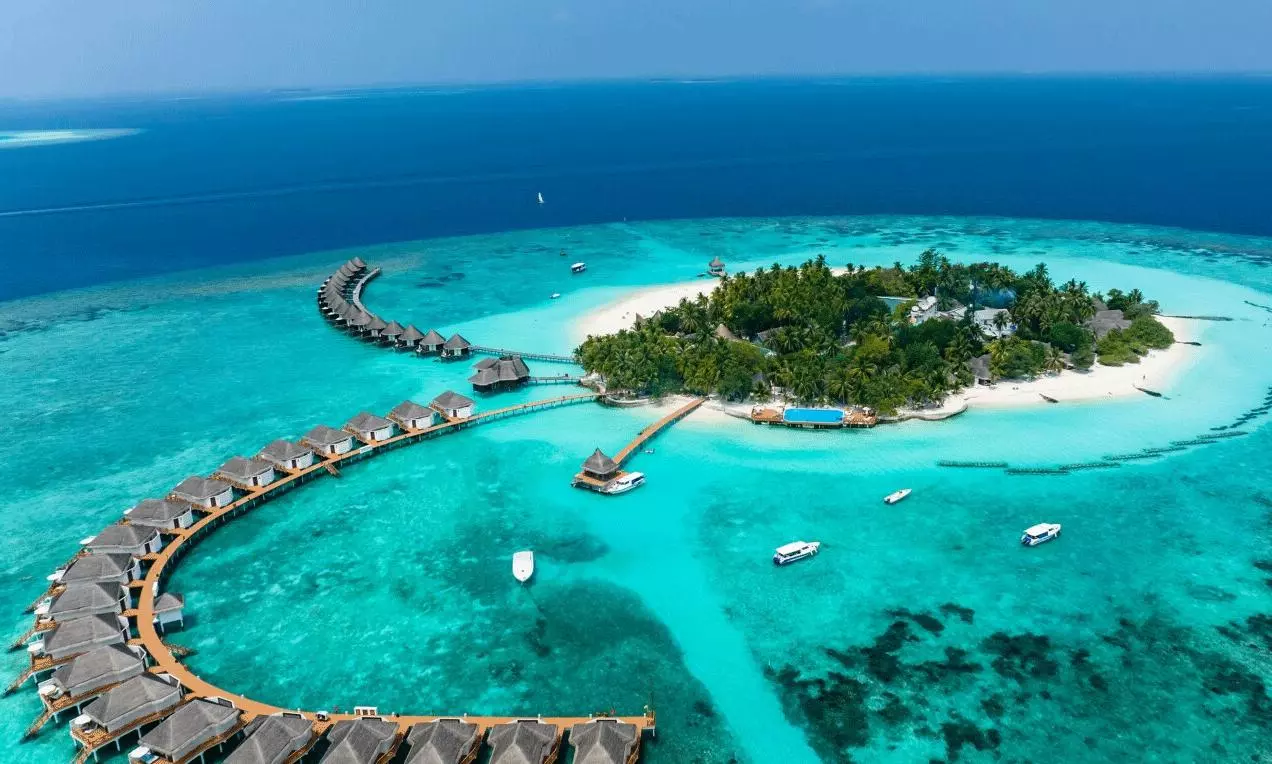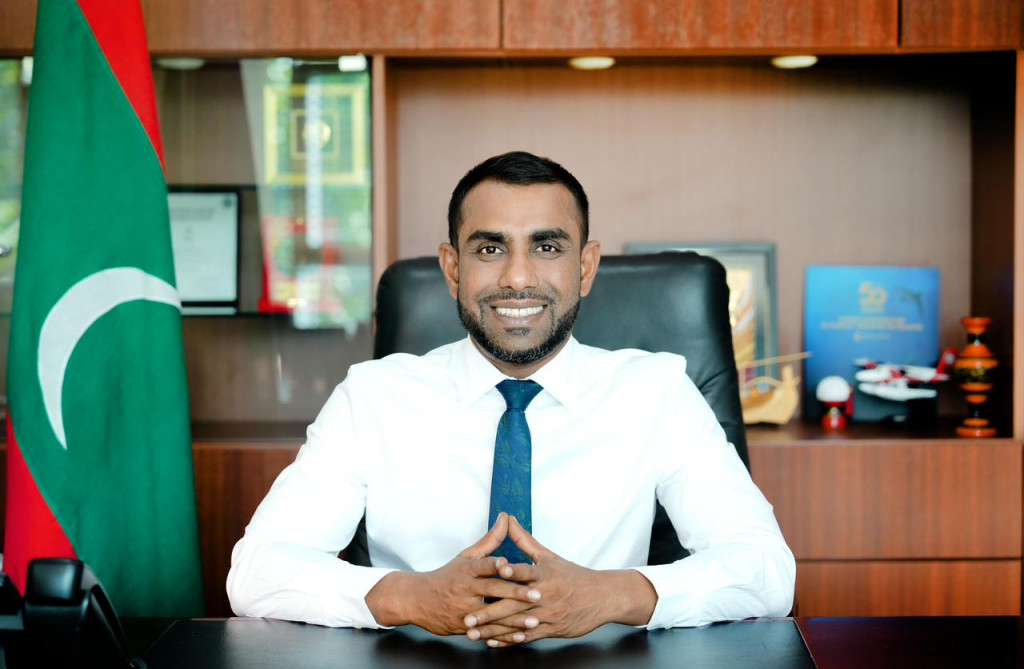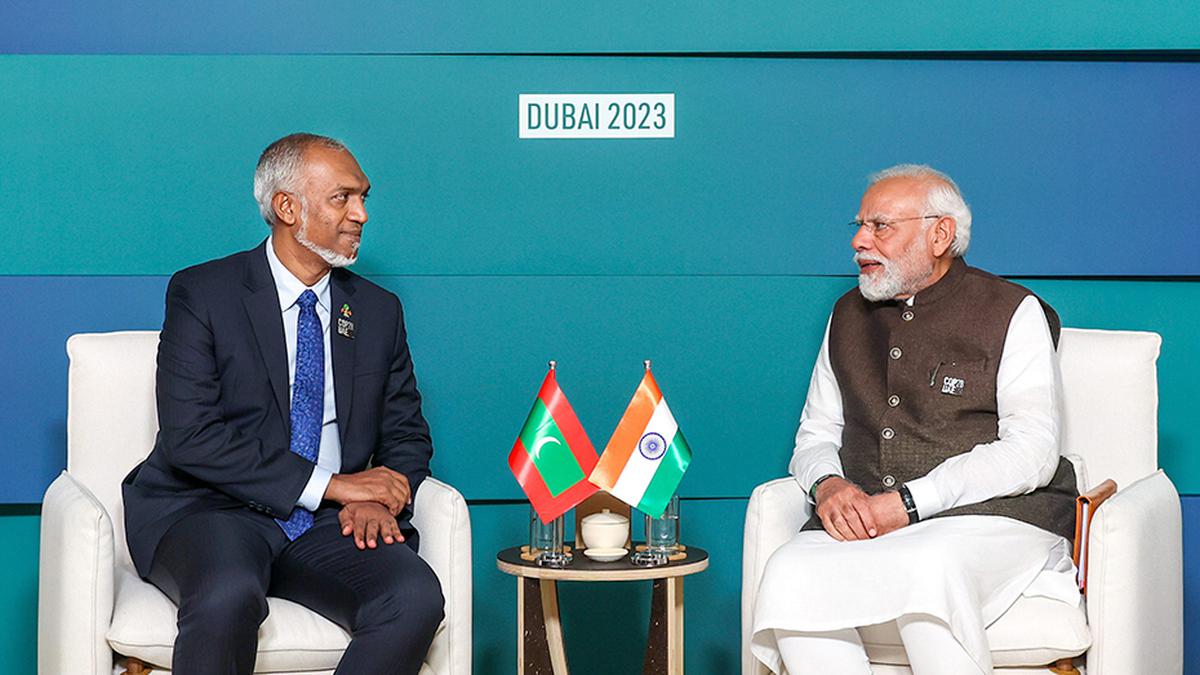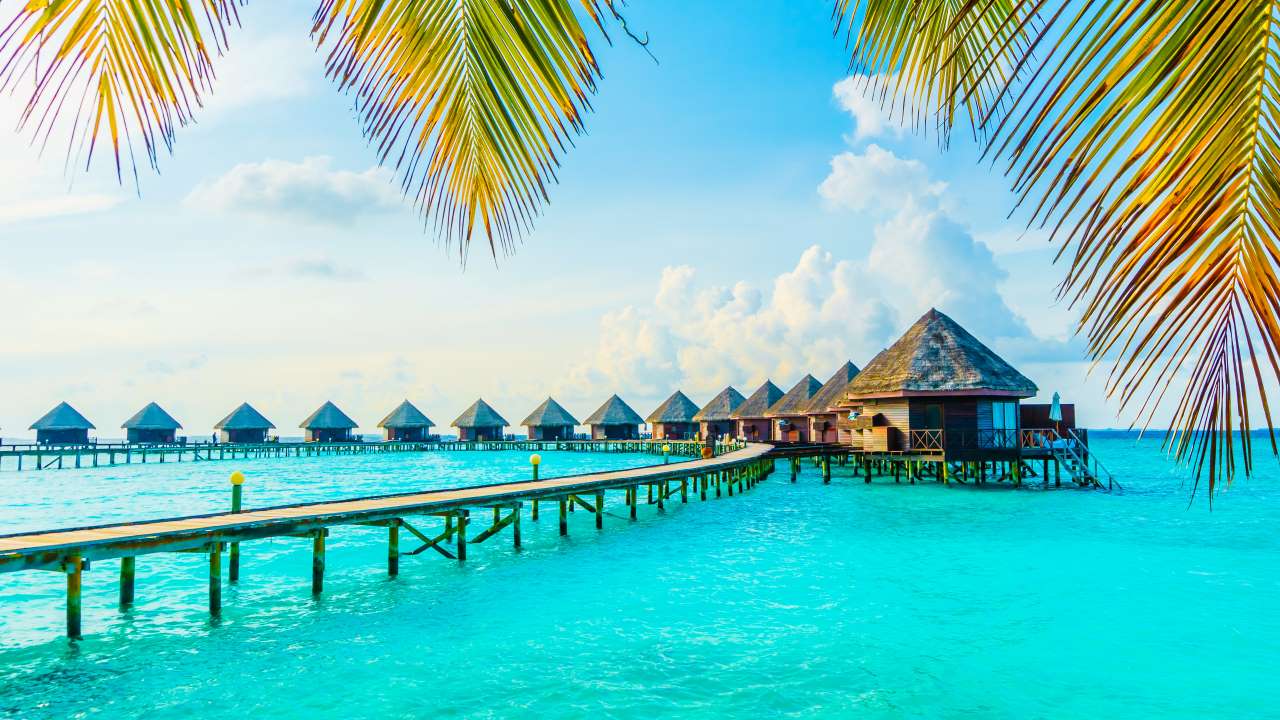“Please be a part of Maldives’ tourism. Our economy depends on tourism,” urged Ibrahim Faisal, the Minister of Tourism for the Maldives, as tensions simmered between India and the island nation.
Faisal's plea follows a downturn in Indian tourist visits, triggered by controversial statements from Maldivian officials targeting India and Prime Minister Narendra Modi on social media platforms. The repercussions of this decline on Maldivian tourism are significant. How deeply has the sector been impacted by the absence of Indian visitors?

Plea to return
“We have a history. Our newly elected government also wants to work together (with India). We always promote peace and a friendly environment. Our people and the government will give a warm welcome to Indian arrivals. As the tourism minister, I want to tell Indians to please be a part of Maldives’ tourism. Our economy depends on tourism”, Ibrahim Faisal, the vibrant Tourism Minister of the Maldives, extended a heartfelt invitation during a recent interview with PTI.
This earnest plea comes in the wake of a decline in Indian tourist arrivals to the Maldives, sparked by tensions arising from diplomatic exchanges earlier this year. The rift began in January when three officials from President Mohamed Muizzu’s administration made inflammatory remarks concerning India and Prime Minister Narendra Modi.

Indians shun the Maldives
At the onset of this year, India stood out as the primary source of tourism for the Maldives, according to data from the Maldives Tourism Ministry. Indian visitors constituted a significant portion of the island nation's tourist influx, showcasing their prominent role in its tourism landscape. In 2023, out of the total 1.7 million tourists who graced the Maldives with their presence, over 209,198 hailed from India, closely followed by Russians at 209,146 and China at 187,118.
However, recent figures from Maldivian government sources reveal a decline in Indian tourist arrivals during the initial months of this year. India has slipped to the sixth position among the most favored travel destinations for Maldives tourists. As of May 4, the Tourism Ministry reported 43,991 Indian arrivals, a noticeable decrease from the 73,785 recorded during January to April of the previous year. This year, the figure stands at 42,638.
The downturn in Indian tourism can be attributed to strained relations between India and the Maldives following the inauguration of President Mohamed Muizzu's government in November of the preceding year.

In January 2024, the Maldives welcomed 12,792 Indian visitors, followed by 11,522 in February, a notable decline from the 19,497 recorded in the same month the previous year. March saw further reduction with only 8,322 Indian tourists compared to 18,099 in March 2023.
Indian tourist footfall in the Maldives has been substantial in recent years, with over 240,000 visitors in 2022 and more than 211,000 in 2021. The dwindling numbers from India are concerning for the Maldivian tourism industry.
Recognizing the significance of Indian tourists, the Maldives Association of Travel Agents and Tour Operators (MATATO) engaged in discussions with Munu Mahawar, the Indian high commissioner to the Maldives in April, aiming to collaborate on tourism promotion efforts. Plans are underway to entice Indian tourists back to the island nation through comprehensive roadshows across key Indian cities, engagement with influencers, and media familiarization trips to the Maldives in the coming months.
Read here to know more: India-Maldives Diplomatic Row: Why The Controversy? What Has Happened So Far?

Why Indians are bidding adieu to Maldives?
The reasons behind Indians turning away from the picturesque island nation are rooted in the Maldives itself.
-
Anti-India Sentiments: President Mohamed Muizzu, who took office in September last year, has been promoting the "India Out" campaign and fostering pro-China policies. Fulfilling his election pledge, he expelled Indian military personnel from Maldives. Additionally, some ministers in his administration made derogatory remarks about PM Modi and India, further straining relations.
-
Offensive Comments: In January, three ministers publicly insulted PM Modi and India. Mariyam Shiuana, a deputy minister, referred to Modi as a "puppet of Israel" and a "clown," while her colleagues echoed similar sentiments. These remarks, though later deleted, sparked outrage among Indians, prompting calls for boycotting Maldives.
-
Celebrity Endorsements: Influential figures like Amitabh Bachchan and Akshay Kumar advocated for exploring domestic travel destinations like Lakshadweep instead of visiting Maldives. Their endorsements gained momentum among the public, contributing to the boycott movement.
-
Corporate Actions: EaseMyTrip, a prominent online travel platform, initially joined the boycott by refusing to accept bookings for Maldives. Although they later reversed their decision, their initial stance added momentum to the boycott campaign.
-
Alternative Travel Options: The decline in Indian tourists visiting Maldives can also be attributed to other global destinations offering visa-free travel for Indians. Countries like Kenya, Thailand, and Malaysia are becoming increasingly popular choices for Indian travelers, providing alternatives to Maldives.
_1715191983.jpg)
Muizzu's pro-China stance
During the presidential elections, Muizzu campaigned on a platform advocating for stronger ties with China and distancing from India. Upon assuming office, he reiterated his commitment to fulfill his campaign promise of removing Indian military personnel from the Maldives. Muizzu has accused India of interference in Maldives' affairs, despite the two nations sharing significant maritime proximity in the Indian Ocean Region (IOR).
Following India's withdrawal of a majority of its military personnel from three aviation platforms in the Maldives, Muizzu visited China in January to meet with top Chinese leaders, including President Xi Jinping. Upon his return, Muizzu stated, "We may be small, but this doesn't give them the license to bully us," a statement widely interpreted as directed towards India, although he did not explicitly name any country.
Despite the tensions, India has agreed to fulfill Maldives' request for essential commodities. Under the bilateral trade agreement between the two governments, India will export various essential items such as eggs, potatoes, onions, rice, wheat, flour, sugar, dal, stone aggregate, and river sand to the Maldives during the 2024-2025 period.
Tourism plays a vital role in the Maldives economy, directly contributing to 25 percent of its GDP and 75 percent through secondary sources. A mass boycott of the Maldives by Indian tourists could significantly impact its economy.
With inputs from agencies
Image Source: Multiple agencies
© Copyright 2024. All Rights Reserved Powered by Vygr Media.
























